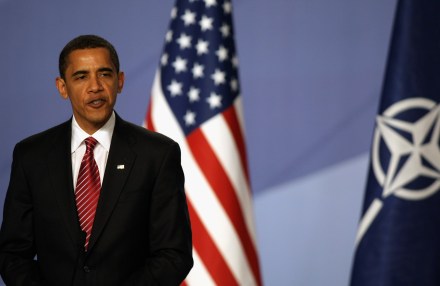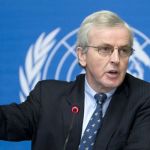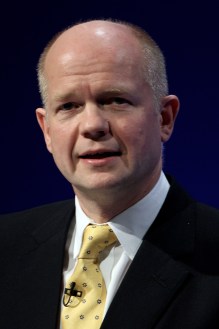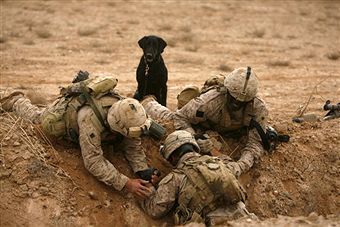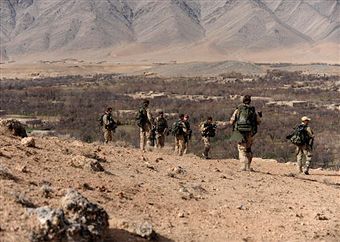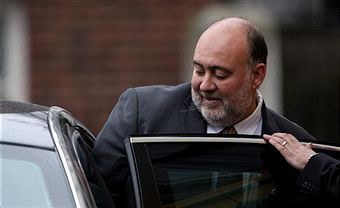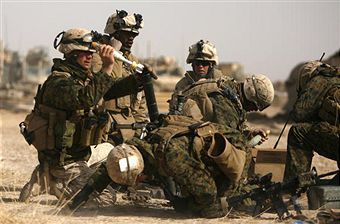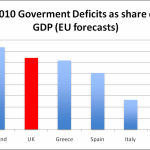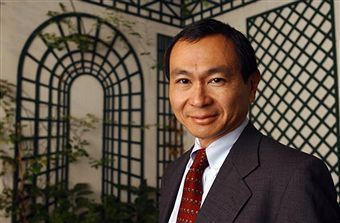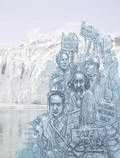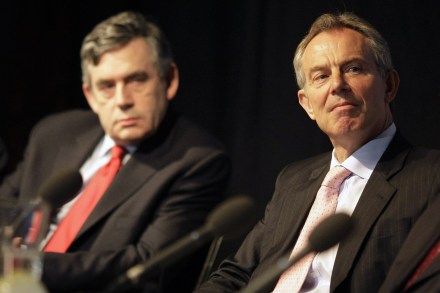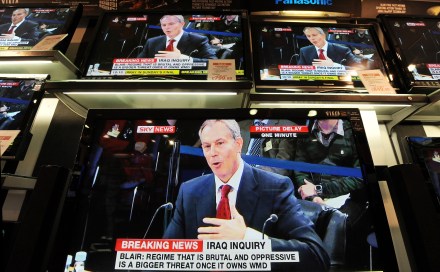NATO – with or without the US?
Over on Foreign Policy magazine, Andrew J Bacevich and I are going at each other. Topic: the nature of the transatlantic relationship. In the slipstream of US Defence Secretary Robert Gates’ lament about Europeans’ pacifist leanings, Professor Bacevich wrote a delightfully provocative piece arguing the US should leave NATO: “If NATO has a future, it will find that future back where the alliance began: in Europe. NATO’s founding mission of guaranteeing the security of European democracies has lost none of its relevance. Although the Soviet threat has vanished, Russia remains. And Russia, even if no longer a military superpower, does not exactly qualify as a status quo country. The Kremlin
